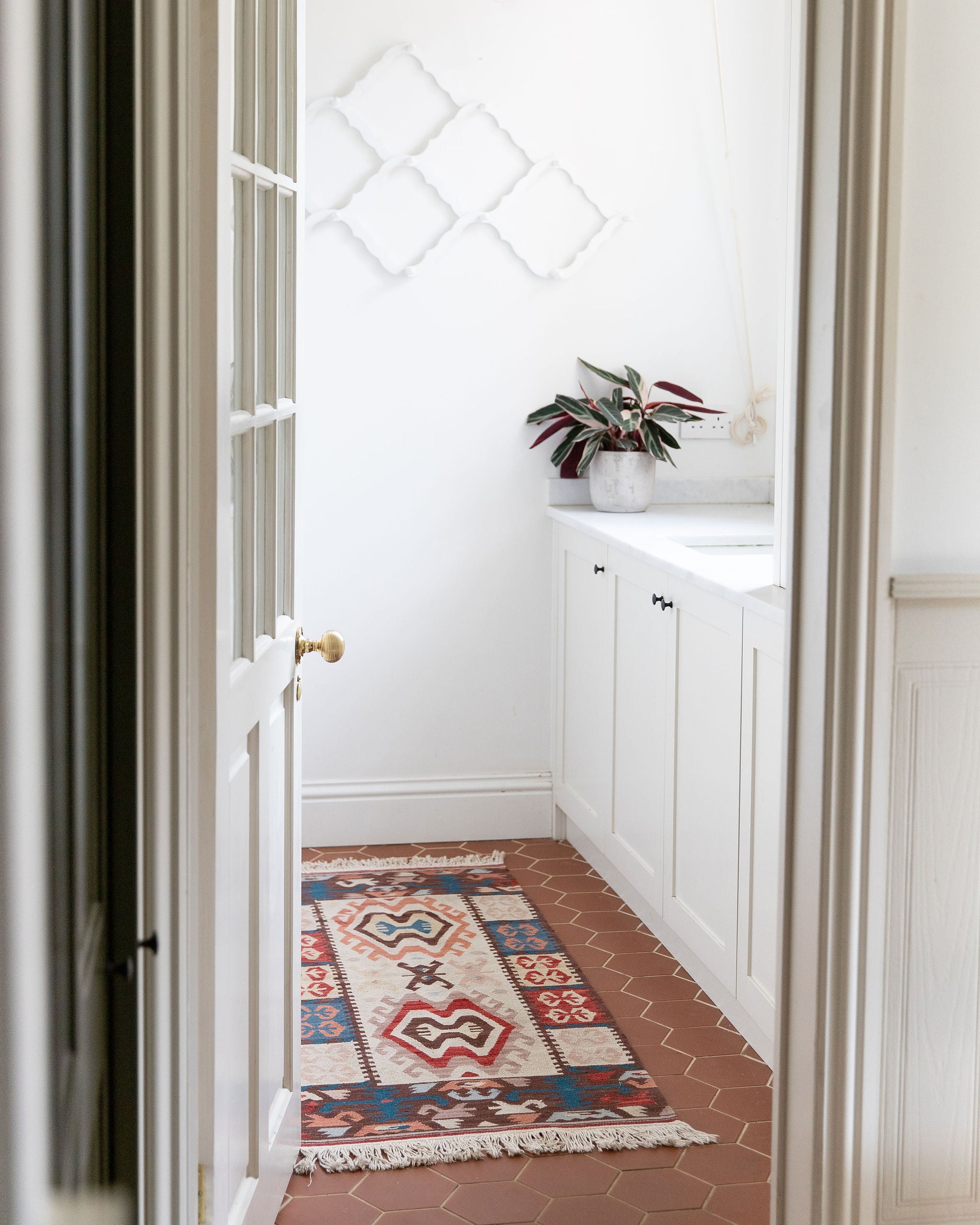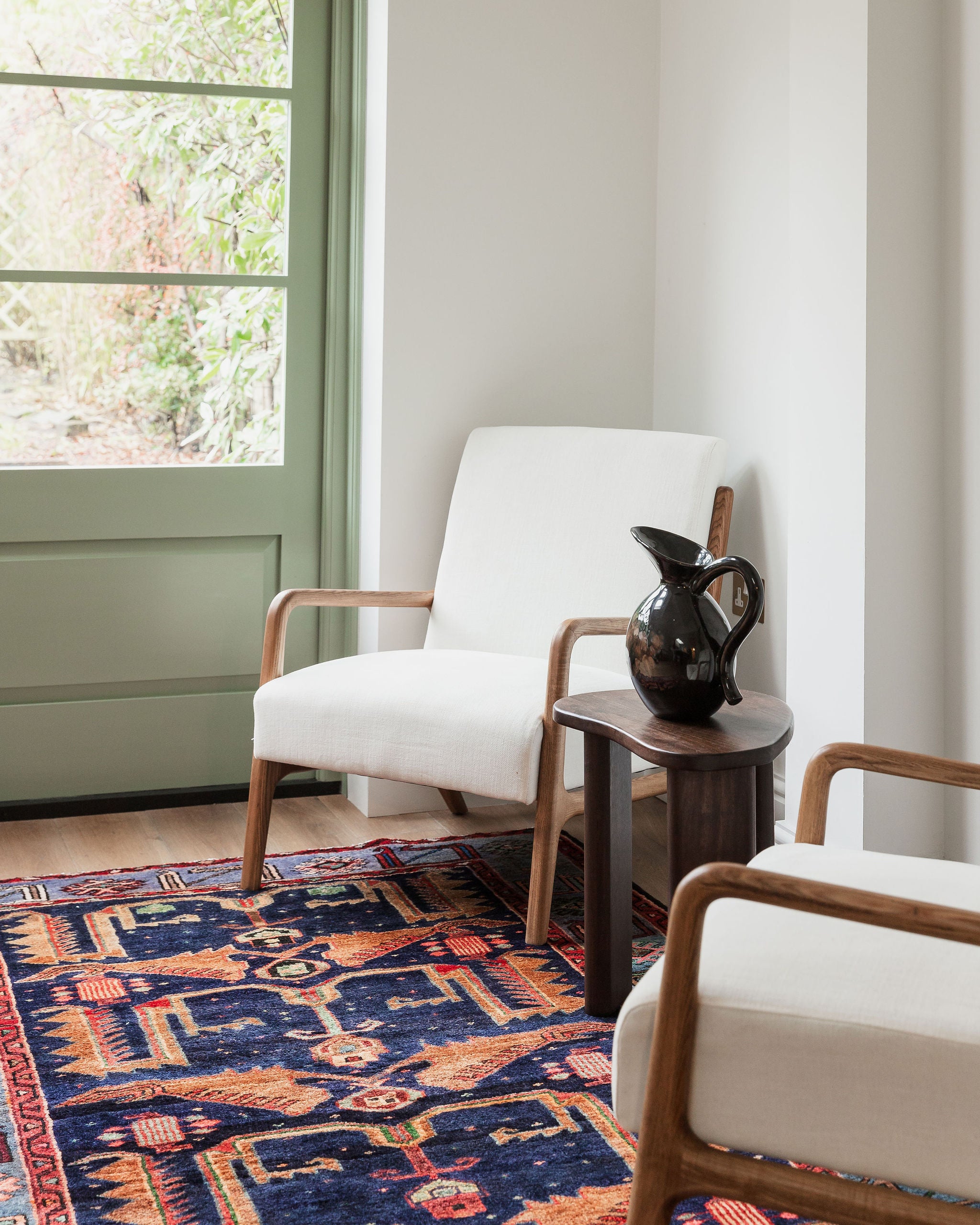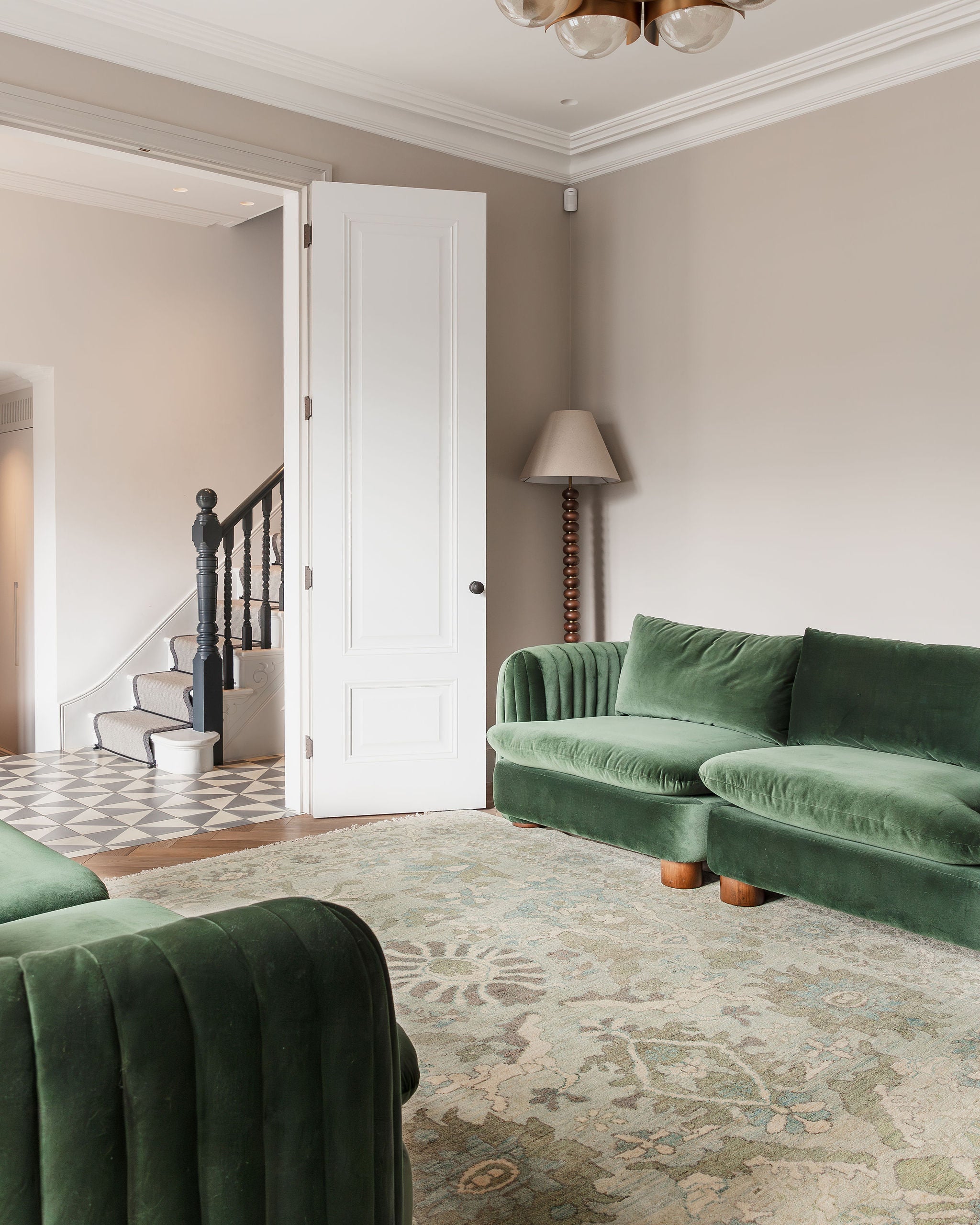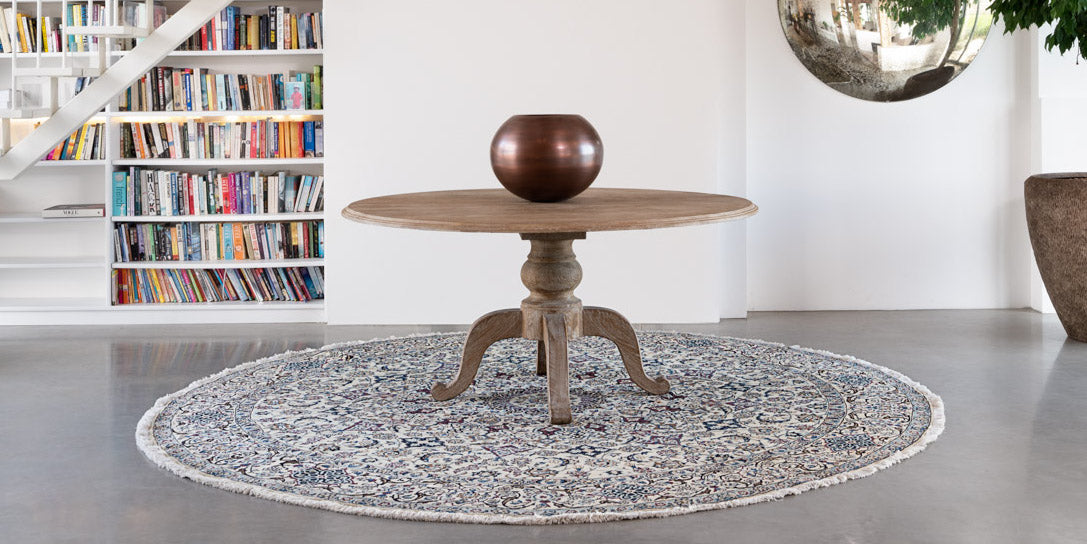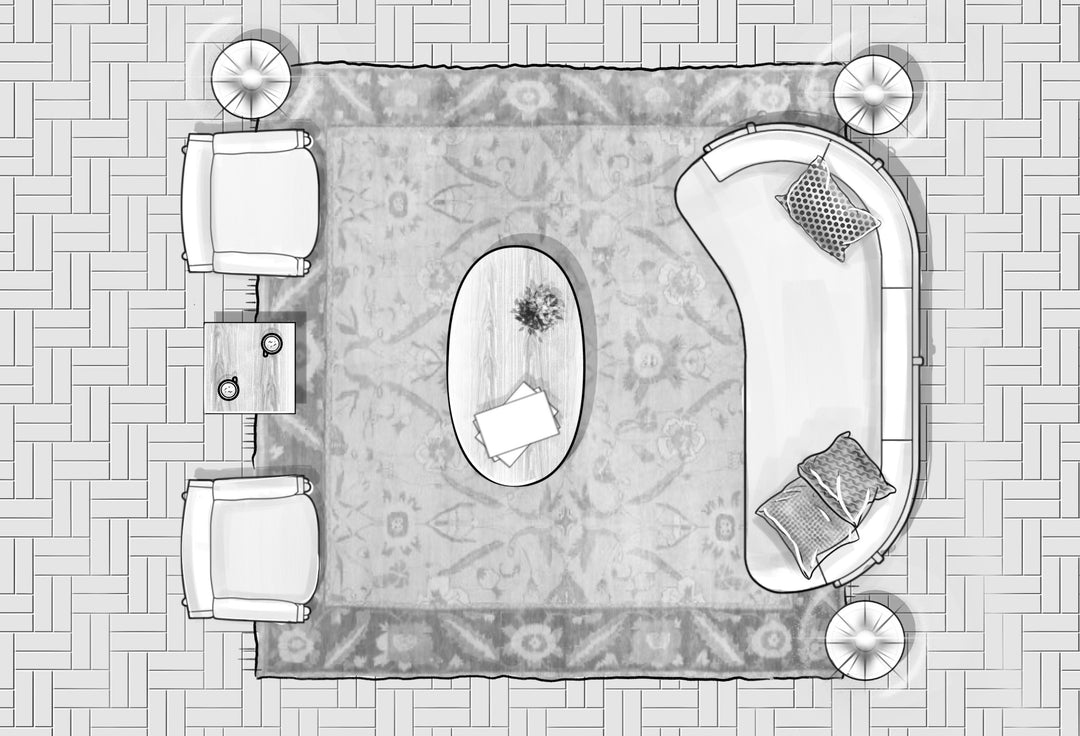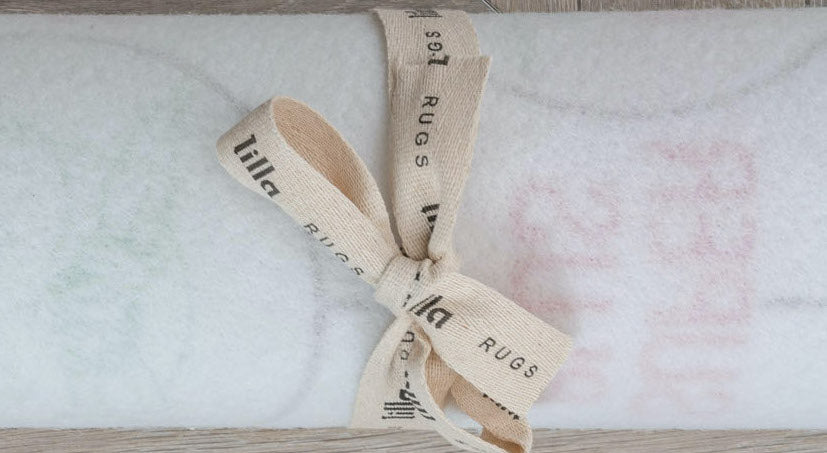Spotlight: Persian Qum Silk Rugs
Timeless Elegance: A Brief History of Persian Qum Silk Rugs
The Qum silk rug stands out as a symbol of opulence and luxury. These masterpieces are not only treasured for their aesthetic beauty but also for the historical and cultural significance they carry. So lets delve into the captivating history of Persian Qum silk rugs, shedding light on their origins, development, and enduring legacy.
Origins of Qum Silk Rugs
The city of Qum, or Qom, is located in central Iran and has a rich history of textile and rug production. While the roots of rug weaving in the Qum region can be traced back centuries, the exquisite silk rugs that bear its name are a more recent development. The production of silk rugs in Qum began in the early 20th century. This evolution was influenced by various factors, including the artistic sensibilities of the people, technological advancements, and changing market demands.
Featuring: RUBIE
Materials and Techniques
What sets Qum silk rugs apart is the extensive use of silk as the primary material. The silk threads are incredibly fine and soft, making these rugs exceptionally delicate and luxurious. The weavers in Qum are known for their precise knotting techniques, resulting in intricate, fine details in the designs. The combination of high-quality silk and skilled craftsmanship produces rugs that are characterised by their impeccable knot density and astonishingly fine designs.
Designs and Motifs
Qum silk rugs feature a wide range of designs, but they are often associated with classical Persian motifs. These designs frequently include intricate floral patterns, medallions, and elegantly curving vines. Islamic calligraphy is also a common motif, showcasing Arabic or Persian script, often verses from the Quran or poetry. The colours used in Qum silk rugs are typically soft and pastel, including shades of ivory, pink, blue, and green, which give these rugs a serene and ethereal quality.
Featuring: MIRVA, SERGIO & KEW
Influence of Qum's Cultural Heritage
The cultural heritage of Qum is deeply intertwined with the designs found in their silk rugs. The city is a significant religious and cultural center in Iran, and this is often reflected in the motifs used in the rugs. Many Qum silk rugs feature designs inspired by the city's religious significance, such as depictions of mosques and shrines, adding a layer of spirituality to their already captivating beauty.
The Market for Qum Silk Rugs
Qum silk rugs have always been considered luxury items, which has contributed to their exclusivity and high value. These rugs are often small in size, adding to their allure as collector's items. The rarity and desirability of Qum silk rugs have made them sought-after by collectors, decorators, and enthusiasts worldwide.
The history of Persian Qum silk rugs is a testament to the enduring tradition of craftsmanship and artistry in Iran. These rugs represent a fusion of rich cultural heritage and artistic ingenuity, and their intricate designs and luxurious materials have ensured their place in the annals of rug weaving history. Today, Qum silk rugs continue to be cherished as valuable pieces of art and remain highly sought after by collectors and enthusiasts who appreciate the timeless elegance and cultural significance they bring to any space.
You can view our carefully curated Qum Silk rugs here.


